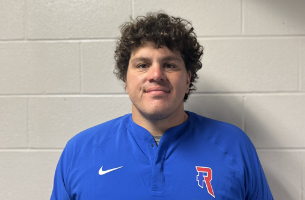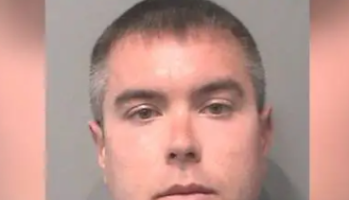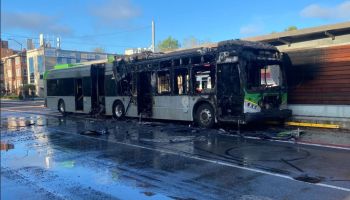(INDIANAPOLIS) – A hate-crime law will get its first-ever hearing in the Indiana House, but Speaker Brian Bosma says representatives are unlikely to restore a list of victim groups.
Governor Holcomb and other supporters of a hate crime law have called a stripped-down Senate bill inadequate — the 10 votes against it in the Senate were all supporters who wanted a specific list of common reasons for hate-based attacks, including race, religion, ethnicity, sexual orientation and gender identity.
But the more general description of “bias” is the approach Bosma has been recommending all along. He says it avoids thorny arguments over which groups should be included. And he says with the overwhelming yes vote in the Senate, it’s unlikely the House will change it.
The Georgia Supreme Court struck down a similarly general law in that state as too vague, but Bosma says that law called for a jury to determine bias in a separate sentencing phase after someone was convicted of the underlying crime. He argues leaving it to a judge to decide should put it on safe legal ground, although the case which led to the Georgia ruling was heard without a jury.
The Senate bill does not create a new crime, but would allow judges to consider bias among the factors that could justify a longer sentence if someone is convicted. In 2003, the Indiana Supreme Court upheld an Elkhart judge’s imposition of the maximum sentence for a racially motivated murder. Opponents of a hate crime law argue that case gives judges the freedom to look to motivations already, and a law could end up limiting their leeway. Supporters argue it’s important legally and as a matter of perception to make an explicit statement in the law. They contend the more general version could leave judges wary of using hate as a sentencing factor, for fear of being reversed on appeal.
Only Utah has a hate crime law without a list of victim groups in its hate crime law. Every other hate crime law includes race, religion and ancestry, but states vary widely beyond that, with 13 additional characteristics covered in at least one state’s law.
House Speaker Brian Bosma (R-Indianapolis) (Photo: Eric Berman/WIBC)











